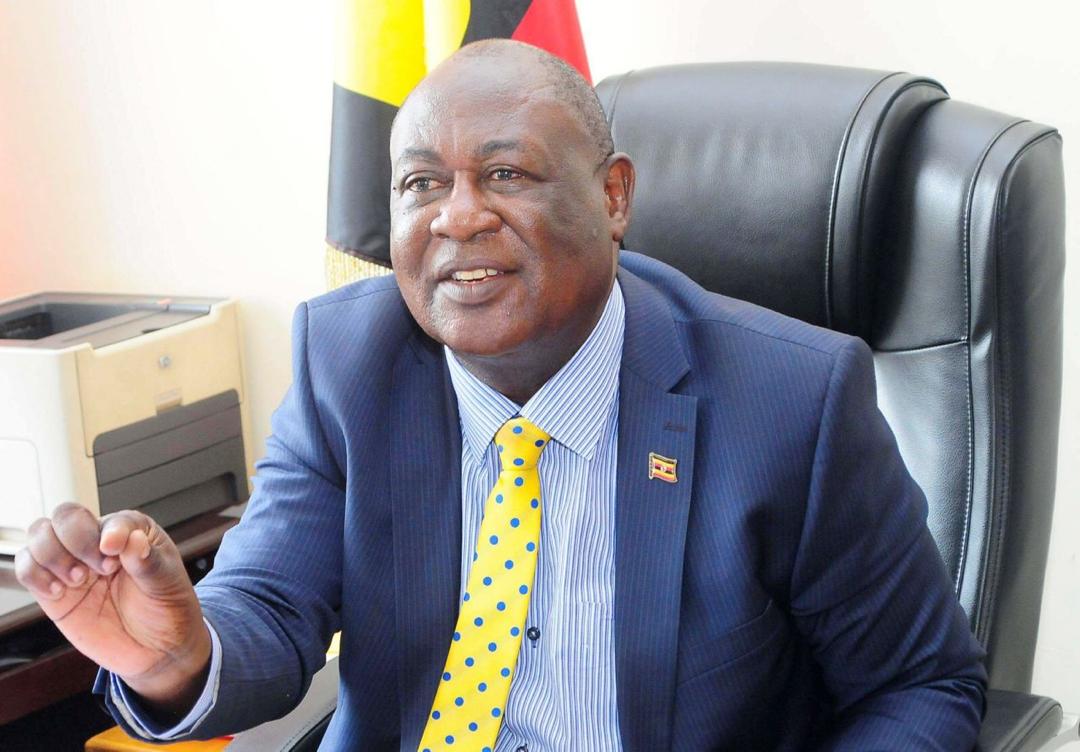Government has reaffirmed its commitment to strengthening land governance and protecting vulnerable communities from unlawful evictions, officials announced on Monday during the closure of the decade-long Response to Land Policy in Uganda (RELAPU) project.
Speaking at the event held at Speke Resort Munyonyo, Minister of State for Lands Sam Mayanja highlighted the transformative impact of government land policies and programs on Uganda’s development outlook.
He emphasized that issuing certificates of occupancy and customary ownership goes far beyond administrative paperwork.
“We are producing security, peace, and wealth. A certificate of occupancy in the hands of a widow is a shield to disposition,” he said.
Mayanja noted that initiatives under RELAPU have empowered households to invest in land, access credit, and resolve longstanding disputes. With the focus increasingly shifting from Mailo land to customary holdings, the government has advanced secure land tenure nationwide.
“Responsible land policy in Uganda has turned land security into a practical economic tool. We have documented more than 111,000 households, giving communities the confidence to invest. Women can farm without fear of eviction, farmers can plan long-term, and local systems are stronger at preventing land grabbing and resolving disputes,” he added.
RELAPU team leader Daniel Kirumira outlined the program’s milestones since its launch in 2016, noting that it issued over 10,800 Certificates of Customary Ownership, more than 500 Certificates of Occupancy on private Mailo land, and supported 111,000+ households through Land Inventory Protocols. The program also facilitated nearly 900 tenancy agreements in refugee-hosting areas and resolved 82% of documented land-related conflicts.
These achievements were made possible through institutional capacity building, digital land service delivery, customary land documentation, community sensitization, and grievance-resolution mechanisms. RELAPU also strengthened secure land access in refugee-hosting districts, promoted responsible investment, and enhanced advisory capacities for land governance across Africa.
Officials emphasized that secure land rights remain both a legal safeguard and an economic catalyst—unlocking access to credit, boosting productivity, and reinforcing local governance structures.
The Commissioner of Land Registration, Joseph Ssembatya, noted that many land disputes stem from complexities within Uganda’s tenure systems. However, decentralizing registration and strengthening zonal offices have significantly reduced conflicts.
The announcement comes as the government enforces new eviction regulations, which ban all non-court-sanctioned evictions and require that any approved eviction must occur in daylight and in the presence of local police—providing stronger legal protection for communities against unlawful dispossession.
As the RELAPU program concludes its decade-long mission, the government says it remains committed to advancing responsible land governance, empowering citizens, and fostering inclusive development across Uganda.


